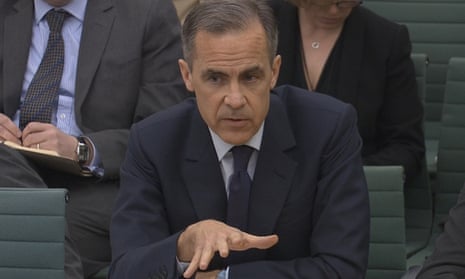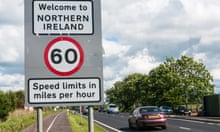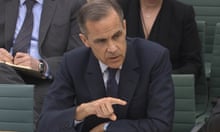There comes a point in any squabble when you stop rowing about the substance, and argue about the way you’re arguing instead – a smirk, a smug tone of voice, or a refusal to let this or that lie displaces the original bone of contention. It took no time for the UK’s EU referendum campaign to escalate from a debate over serious issues into an ugly spat about the rules of engagement. The details of the prime minister’s “reform” package are now forgotten by everybody who is not either obsessive or paid to know about such things. The airwaves are instead abuzz with anti-Europe ministers being blocked from seeing particular papers, charges of “Project Fear”, counter-claims of “Project Fact”, and a blundering, half-abortive attempt to stop London officials from contradicting Boris Johnson’s pro-Brexit line.
In this context, there is little room for a cool appraisal of the complex consequences that would flow from a decision to pull out. Pragmatic measures to “be prepared”, such as the Bank of England’s readying of funds to keep the cashpoints ticking over if a leave vote triggers panic, are interpreted as a sign of an establishment conspiracy. Facing MPs on Tuesday, the Bank’s governor Mark Carney strained every sinew to avoid coming across as partisan, but it did him no good with determined anti-EU MPs who sense that this globe-trotting Canadian former investment banker is close to George Osborne, and possessed of the sort of economistic worldview that would regard any nationalistic impulse to disrupt a cross-border market as a form of madness. He provided the analysis that the parliamentarians had asked for in such measured prose as to render it almost impenetrably dull, but that did not stop the determined Brexiteer Jacob Rees-Mogg from getting excited. He disputed Mr Carney’s commonsensical claim that a pancontinental market tends to increase openness, and even found fault with his straightforward claim that considered “[a]s a single bloc the EU is the largest economy in the world”.
But shonky economic arguments are not an exclusive preserve of the leavers. Pro-Europeans have sometimes bandied around an old estimate for the 3 million jobs linked to trade with the EU, as if all of these would disappear – and all such trade cease – the day after a vote to leave. In reality some exports would make it over tariff walls, even if these were built, which would be pretty unlikely given WTO rules, and doubly unlikely given that Britain and the EU would have every incentive to hammer out some form of UK access to the single market. On the other side of the argument, the tendency is to blithely assume that such access could be costlessly achieved. In reality, there would be messy negotiations. Nobody can be sure how these would play out, and so everybody can believe what they like about trade. Nobody knows, either, exactly how many foreign firms would pull out headquarters or investment. Whether or not the benefits of remaining within the shrunken EU would be sufficient to overcome the cost of switching locations, and perhaps languages, would also depend on the unknowable exit terms. Furthermore, determined anti-Europeans will imagine that any losses would be more than made up for by deregulation and a supposed British flair for making independent trade deals. Forty-three years after it joined the EEC, this is not a talent that the UK has been practising to perfection. But no matter. When so much is up in the air, all sides can find an argument that suits their case.
The debate we ought to be having is less about what Europe does for the size of the economy, and more about what it does for the way the fruits are shared. As Nicola Sturgeon came to London to argue last week, in a powerful speech for the Resolution Foundation, without shared European standards on minimum holidays, maximum hours and temporary contracts, every state would face a temptation to start a race to the bottom. This is the serious progressive case for Europe, but too few at Westminster are making this with the force of the Scottish first minister.
Part of the difficulty in making the case may be that the euro has translated into brutal austerity on parts of the continent’s south, tainting the EU’s claims to be a levelling force. But the particular flaws in the design of a single currency must not be allowed to bury a more basic economic truth. Namely, that workers will fare better against companies that can skip lightly across borders when their arm is strengthened by rights that hold good across borders too. In the argument about how to make the economy bigger, everyone will believe what they want. But when it comes to making the economy work better for people, the logic of the pro-European case could be a winning card, if only it were played.








